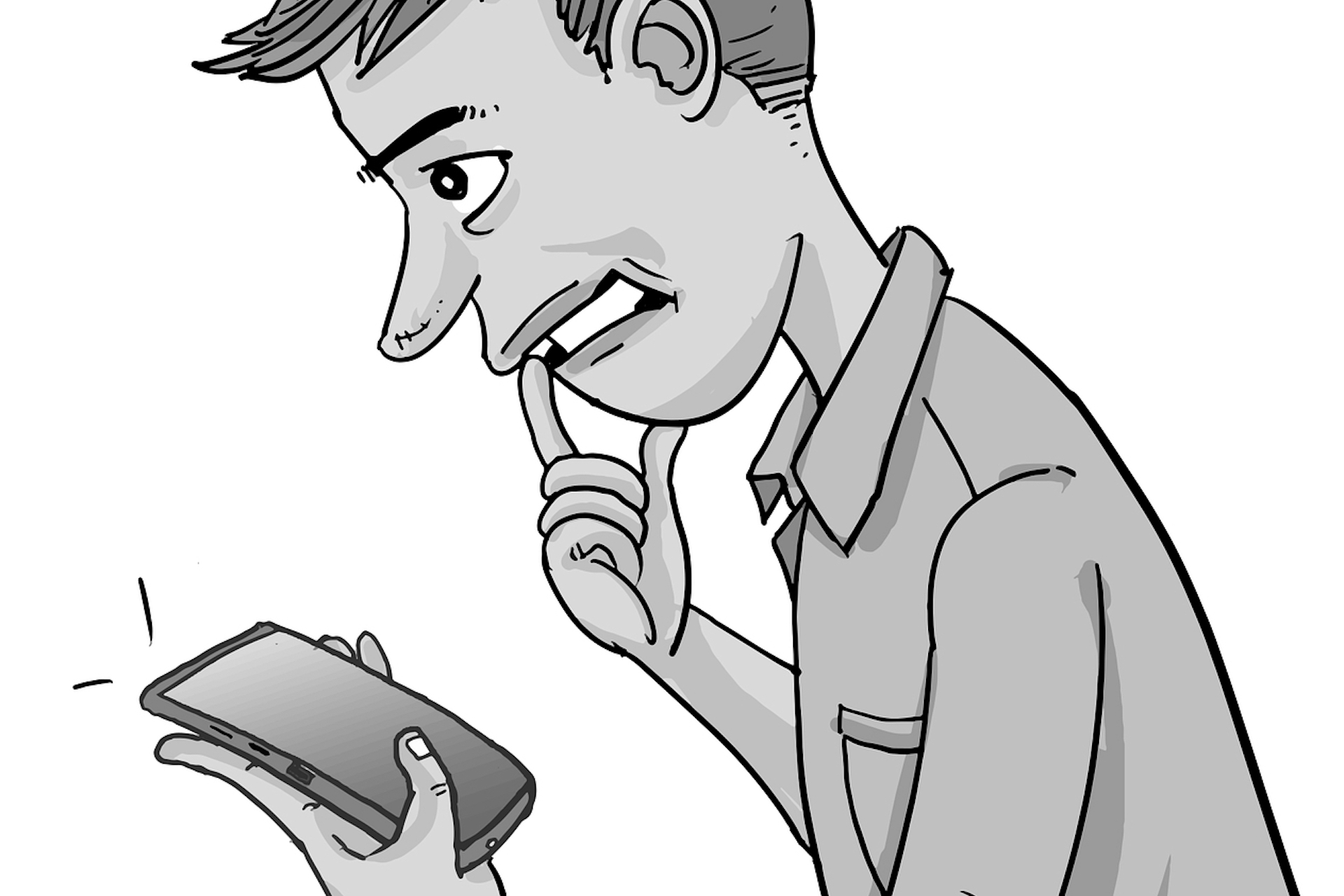In today's interconnected world, where technology governs our personal and professional lives, the concept of "cyber hygiene" has emerged as a vital safeguard against digital threats. Cyber hygiene encompasses a series of habitual practices aimed at ensuring the security of our technological interactions. These practices range from avoiding unsecured WiFi networks to implementing protective measures like Virtual Private Networks (VPNs) and multi-factor authentication (MFA). However, recent studies indicate that the state of cyber hygiene among Americans is far from satisfactory.
The foundation of cyber hygiene is built upon robust password management. Astonishingly, research reveals that approximately 60% of organizations still rely on human memory to manage passwords, while 42% resort to using easily misplaced sticky notes as their password storage solution. This alarming trend showcases a glaring gap in basic security practices. Furthermore, a concerning 54% of IT professionals, who should ideally be at the forefront of digital security, do not mandate the use of two-factor authentication (2FA) for accessing company accounts. Even in personal spheres, a mere 37% of individuals employ 2FA for their personal accounts, exposing themselves to unnecessary risks.
The aftermath of data breaches highlights another concerning facet of cyber hygiene. Merely 45% of Americans express willingness to change their passwords after a data breach, and an even smaller 34% claim to change their passwords regularly. This complacency leaves sensitive data vulnerable and underscores the need for a proactive approach to cybersecurity.
The landscape has evolved further in 2023 with the surge in remote work. Weak passwords now guard access to systems from unsecured home networks, making them susceptible to breaches. The once internal practice of sticky notes bearing passwords has spilled over into public spaces like coffee shops, magnifying the risk of unauthorized access. Additionally, the use of personal devices for work purposes has escalated, amplifying the likelihood of these devices being misplaced or stolen. In essence, the risk profile has shifted, necessitating a heightened emphasis on cyber hygiene.
Perhaps surprisingly, even IT professionals exhibit subpar cyber hygiene practices. Astonishingly, 50% of IT workers admit to reusing passwords across workplace accounts, a practice that significantly undermines security efforts. This statistic exceeds the 39% of individuals outside the IT domain who engage in this risky behavior. This phenomenon sheds light on the necessity for education and awareness even within the tech-savvy community.
The implications of neglecting cyber hygiene are dire. Individuals and companies alike face unprecedented threats as digital criminals exploit these vulnerabilities. To safeguard against these evolving dangers, a comprehensive overhaul of cyber hygiene practices is imperative. Organizations must transition away from password memory reliance and adopt stringent 2FA protocols. Individuals should take the initiative to change passwords regularly and embrace multifaceted authentication.
In conclusion, the digital era demands a renewed commitment to cyber hygiene. The evolving threat landscape necessitates proactive measures, from strong password management to heightened awareness of the risks associated with remote work and personal device usage. Only through collective efforts to prioritize cyber hygiene can individuals and organizations hope to navigate the digital realm securely.
Sources and additional reading:

